Astronomy news, features and articles
Explore Astronomy
Latest about Astronomy
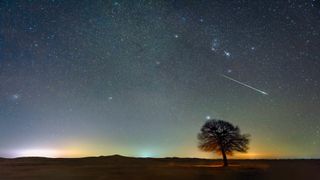
Ursid meteor shower 2025: When and where to see 'shooting stars' on the longest night of the year
By Jamie Carter published
Here's how to see the Ursid meteor shower, which peaks in dark skies close to a new moon this year.
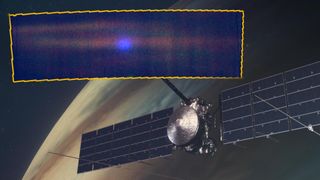
NASA eyes 3I/ATLAS with alien-hunting Clipper spacecraft in new image
By Brandon Specktor published
NASA's alien-hunting Europa Clipper spacecraft took seven hours of ultraviolet observations of interstellar comet 3I/ATLAS while both objects zoom toward Jupiter.
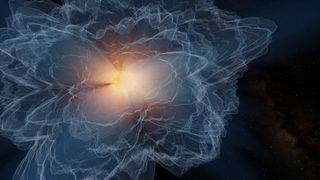
NASA's Parker Solar Probe mapped an unseen part of the sun at its most active moment
By Joanna Thompson published
Data from NASA's Parker Solar Probe has enabled astronomers to map the unssen surface of the sun's atmosphere for the first time.
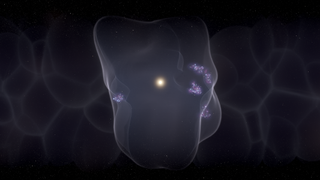
Mysterious, irradiated 'scar' in our galaxy may finally have an explanation
By Sharmila Kuthunur published
Astronomers traced a mysterious 'scar' of ionized gas around the solar system to two stars that had a close flyby with our sun millions of years ago.
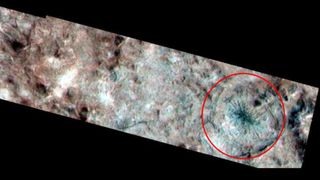
Spiders on Jupiter? Scientists uncover secret origins of arachnid-like 'demon' lurking on gas giant's moon.
By Harry Baker published
A new study reveals the likely origin of a mysterious spider-like pattern first spotted on Jupiter's moon Europa in 1998. The finding could have implications for a NASA spacecraft en route to the frozen world.
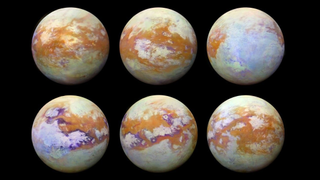
Saturn's largest moon may be riddled with 'slushy tunnels' that contain alien life, new study hints
By Elizabeth Howell published
Decades ago, a spacecraft suggested Saturn's largest moon, Titan, had an ocean. New observations suggest that the liquid may look more like slush.
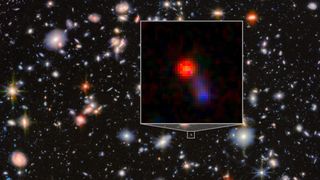
James Webb telescope finds supermassive black hole hidden inside 'Jekyll and Hyde' galaxy
By Patrick Pester published
The discovery of a hidden supermassive black hole inside an ancient galaxy suggests that some of our universe's most extreme objects could be invisible unless observed in infrared wavelengths, James Webb telescope observations reveal.

James Webb telescope may have spotted the earliest supernova in the universe
By Shreejaya Karantha published
Astronomers using the James Webb Space Telescope report that a powerful gamma-ray burst detected in March may have been produced by the explosion of a massive star just 730 million years after the Big Bang.
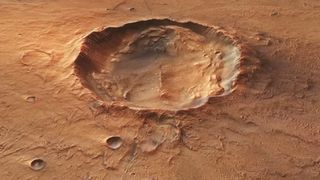
City-size 'cosmic butterfly' carved into Mars' surface contains traces of ancient water
By Harry Baker published
The European Space Agency has released new images of a rare "butterfly" crater on the Red Planet. The bug-like structure sports a pair of smooth, rocky wings, which were likely "fluidized" by buried Martian ice.
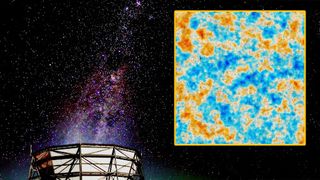
30 models of the universe proved wrong by final data from groundbreaking telescope
By Paul Sutter published
The Atacama Cosmology Telescope (ACT) in Chile has released its final batch of data after 15 years — and it proves that the Hubble tension, a rift in our understanding of the universe, is very real.
Get the world’s most fascinating discoveries delivered straight to your inbox.
 Live Science Plus
Live Science Plus










